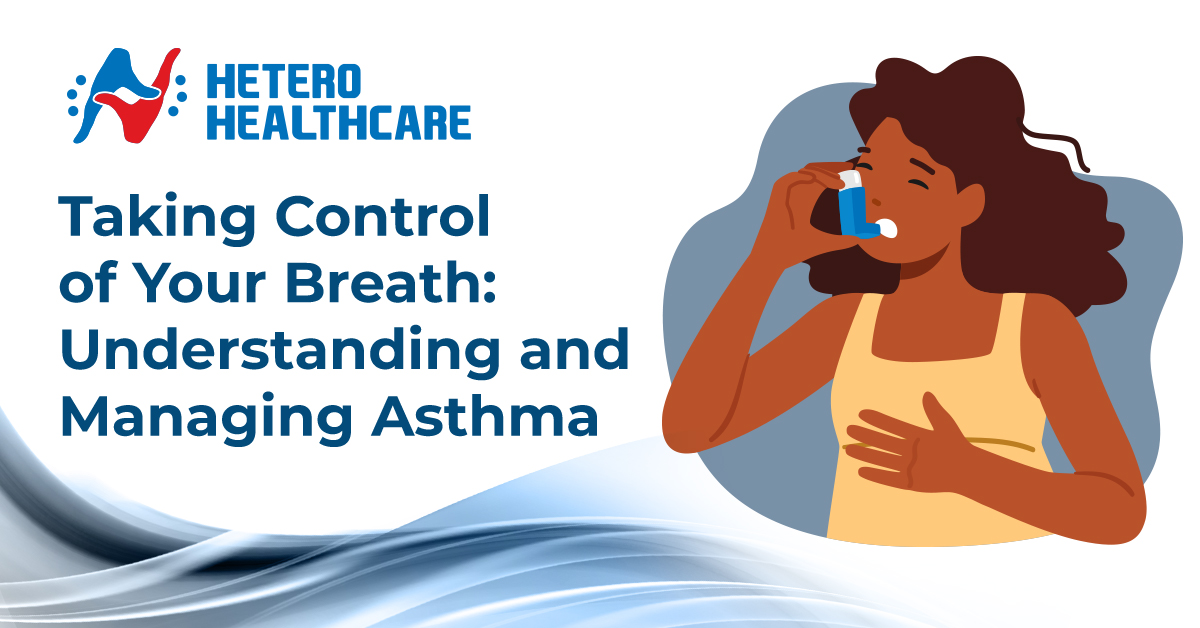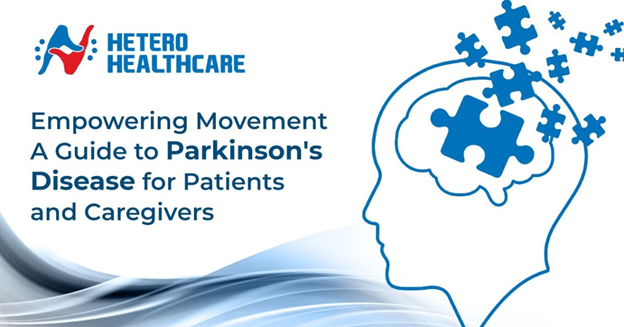Hetero Healthcare
04 Dec 2020

The winter season in India starts from mid-November and lasts till the last week of February. During these months, people face health problems due to the change in the climate. Shorter days and longer nights impact the health of people in some or other ways. Apart from that the immune system of the body also becomes low and a proper diet needs to be taken to maintain good health. Winter season brings along with it lots of fruits and green vegetables improves digestion, exercise becomes mandatory for which heart and other organs function properly. Here we discuss the common health problems that are associated with the winter season.
Cause: A cold can be caused by many different viruses, but rhinoviruses are the most common cause of common colds. During the winter season, the absorption of vitamin D from sunlight decreases due to less daylight and long nights. This leads to immunity being diminished.
Symptoms: The major symptoms related to common cold include:
Cause: Flu is a communicable respiratory disease caused by the influenza virus. This disease affects the nose, throat, and sometimes the lungs. Closing the doors and windows during the winter season and not allowing fresh air and sunlight to enter the room can lead the germs to stay in the room. This when inhaled, causes Flu.
Symptoms: The common symptoms related to the flu include
Cause: A large range of bacteria, viruses, and fungi can cause pneumonia. Pneumonia is a life-threatening condition because it blocks the alveoli in the lungs that are small air sacs and floods them with fluids. Pneumococcal pneumonia is the most prevalent form of bacterial pneumonia caused by the germ Streptococcus pneumoniae, which usually resides in the upper respiratory tract. The most prevalent cause of viral pneumonia in adults is the influenza virus.
Symptoms: The common symptoms related to pneumonia include
Cause: Sore Throat is one of the most common winter diseases caused by viral infections. The group A streptococcus bacteria is the causative agent for sore throat. Allergies, dust, and dryness in the air, pollutants in the air, and throat cancer are some of the factors responsible for sore throat.
Symptoms: Some of the common symptoms of sore throat are:
Cause: Common Cold, flu, and pneumonia mostly occur during the winter months. People who are allergic to dust, mites, mold, and pet dander suffer during the winter season. These allergens trigger asthma. Thus when a person having asthma suffers from cold, flu, or pneumonia, respiratory problems increase. Cold air also causes the airways to produce a substance called histamine, which is the same chemical that our body makes during an allergy attack. The histamine is responsible for trigerring wheezing and other symptoms related to asthma.
Symptoms: The common symptoms related to asthma include
Cause: Compared to other seasons of the year, heart attacks typically happen during winter. This is because, due to the cold winter, a person suffering from high blood pressure could feel more tension in his or her heart. The heart needs to work harder during the winter season to retain body heat. The main causes are atherosclerosis, heavy smoking, unhealthy eating, and obesity.
Symptoms: The common symptoms of a heart attack include:
Cause: During winter, most persons suffering from arthritis will feel discomfort in their joints. The synovial fluid, which is present within the knee joints as a protective fluid, gets thicker during winter. This results in increased tension contributing to stiffened movements between the synovial joints. The discomfort is due to the strain on the nerves that cover the joints.
During the winter season, smoking tobacco becomes more harmful as it aggravates joint pains.
Symptoms: The most common symptoms of joint pain include
Cause: Dry-itchy skin is the first indication that you can experience as winter sets in. This is because the body does not want the cold winter to sweat as much as it does during summer. Dry skin, acne, eczema, insufficient production of natural oils, and moisture contribute to skin itching.
Symptoms: The most common symptoms of joint pain include
Winter health problems can be prevented by bringing certain changes in lifestyle. Let us know how we can prevent the above-mentioned health problems.
Reference
Hetero Healthcare

Hetero Healthcare27 May 2024
The Thyroid: Understanding Your Body's Master Gland
The thyroid gland, a small butterfly-shaped gland located at the base of your neck, plays a critical role in regulating your metabolism.

Hetero Healthcare25 May 2024
Taking Control of Your Breath: Understanding and Managing Asthma
Asthma can feel like a constant battle for air, leaving you breathless and wheezing. But with knowledge and the right approach, you can take control of your asthma and live a full, active life.

Hetero Healthcare30 Apr 2024
A Comprehensive Guide to Malaria
Malaria, a mosquito-borne infectious disease, continues to pose a significant threat to global health. At Hetero Healthcare, we are committed to raising awareness about this preventable illness and empowering individuals with knowledge to protect themselves. This comprehensive blog delves into the causes, symptoms, and effective prevention strategies for malaria.

Hetero Healthcare30 Apr 2024
A Guide to Parkinsons Disease for Patients and Caregivers
At Hetero Healthcare, we understand the profound impact Parkinson's disease (PD) can have on individuals and their loved ones.